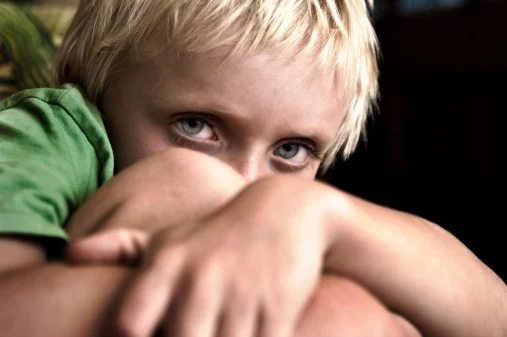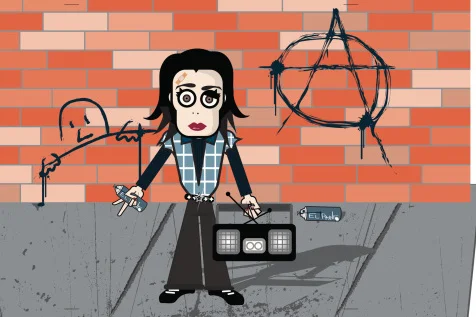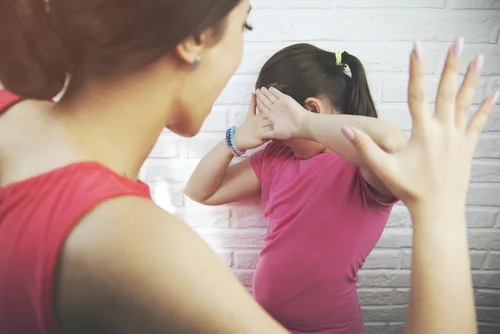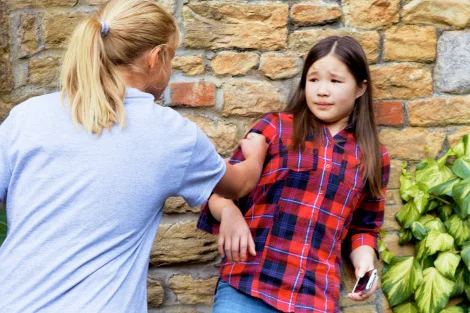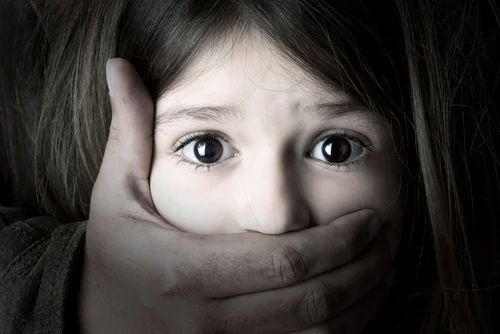+1 845 259 2974 (11 a.m to 7 p.m CST)
Fat-shaming in schools: What parents need to know

Obesity is one of the most common health problems of the developed world. Treating it would have been a lot easier if the international media had not made the world obsess over size and turned fat shaming into a universal pass time. Today, obese kids are in the high risk group of bullying at schools and face teasing about their size not just outside, but at home as well. If your child is obese or even slightly larger than what society deems acceptable, chances are they are being bullied about it at school or by friends.
Bigger Numbers
A study conducted by the University of Michigan C.S. Mott Children's Hospital revealed that 34% of all obese children get bullied in school. Mothers of obese children said that 45% of said children had been bullied, while 25% of said they have had to put up with fat shaming in school.
Another research conducted by the National Eating Disorders Association showed even more alarming statistics about teens. A conservative estimate shows that 13.5% of female high school students are obese, 17.3% of male high school students struggle with weight issues as well. The Anorexia Nervosa and Associate Disorders institute reveals that across the U.S. almost 5-10 million girls and 1 million boys are struggling with various forms of eating disorders like bulimia, binge eating disorder, or borderline conditions.
Why it Matters?
If you read between the lines, the one thing all these numbers concerning childhood obesity are screaming out is that fat shaming makes struggling with obesity even worse. Julie C. Lumeng, an assistant professor at the university's Department of Pediatrics and Communicable Diseases, believes that bullying due to weight and size promotes depression, anxiety and loneliness in victims, which aggravates their eating disorders. Thus patients of obesity and victims of fat shaming get caught up in this vicious cycle of comfort eating, gaining weight and getting bullied for it. In a lot of cases the desperation and helplessness victims feel at being bullied due to size and weight gets so severe that they end up considering something as drastic as suicide to escape the pain.
What can be done?
A bullied teen is trapped in an extremely lonely place, this is why it is crucial that parents take the first step and reach out. To understand teenagers and bullying start with understanding the issue of weight bullying as thoroughly as possible. Listen to the bullied teen without judging them or acting on the urge to blame their weight issues on their dependency on food. Avoid giving judgmental advice like “you need to learn to stick up for yourself.” This is again holding the teen responsible for his/her situation.
Doing the necessary
Here are a few things which you can do to help you help keep your teen safe:
- Induct your teen in self-defense or martial art classes. This will help develop the confidence they need to look the bully in the eye and stand up tall. This will help control their weight and keep them healthy as well.
- Encourage your teen to seek adult intervention when being bullied.
- Actively work towards a healthier lifestyle for you teen.
- Talk to your teens school principle and teachers, inform them o the situation and demand that something be done about it.
- Keep track of each bullying incident incase you need this record if the situation escalates and you need to take proper action against it.
- Since most victims of bullying are loners they are easy to pick on. Therefore encourage your teen to make friends and hangout in groups.
In the end, make sure that your teen feels safe and loved at home. Inform your family and neighbors about the bullying and seek their assistance and support in keeping your teen safe within the neighborhood. Disclose the identities of bullies and speak up against them, you may be your teen’s last resort, so do whatever you can to help them.



